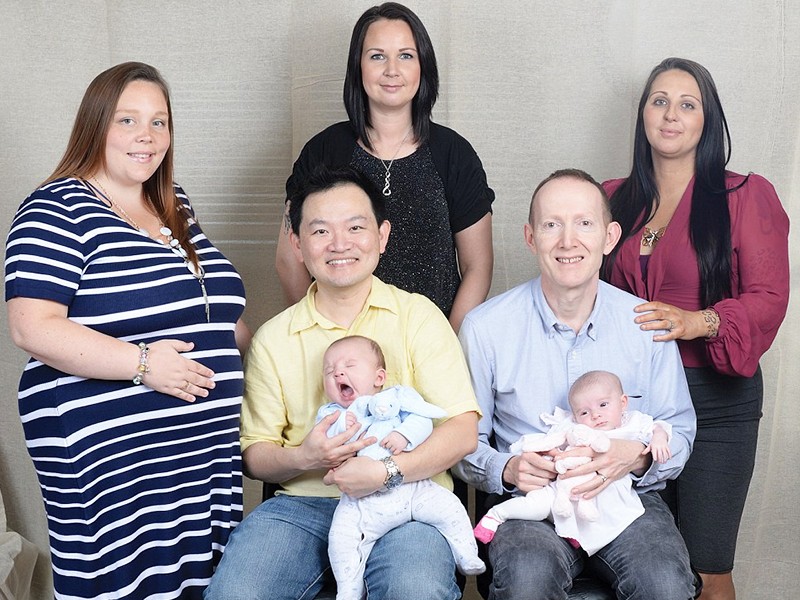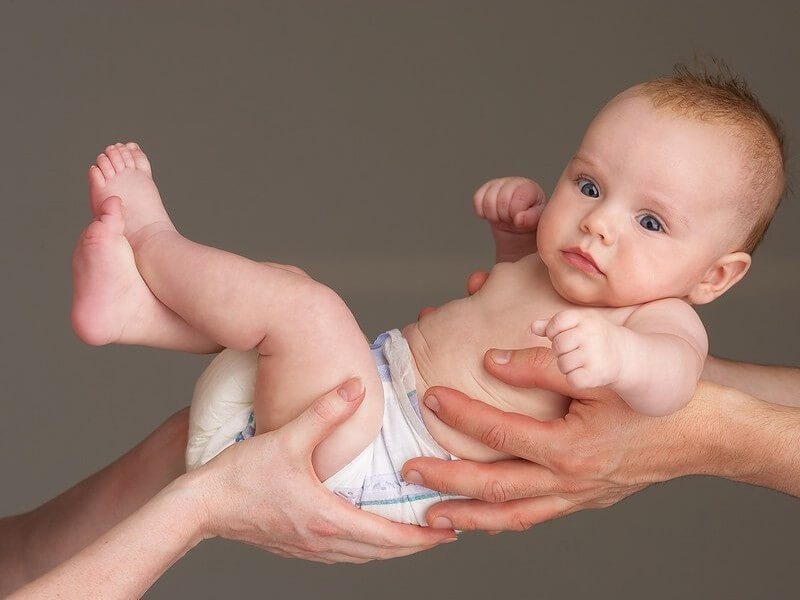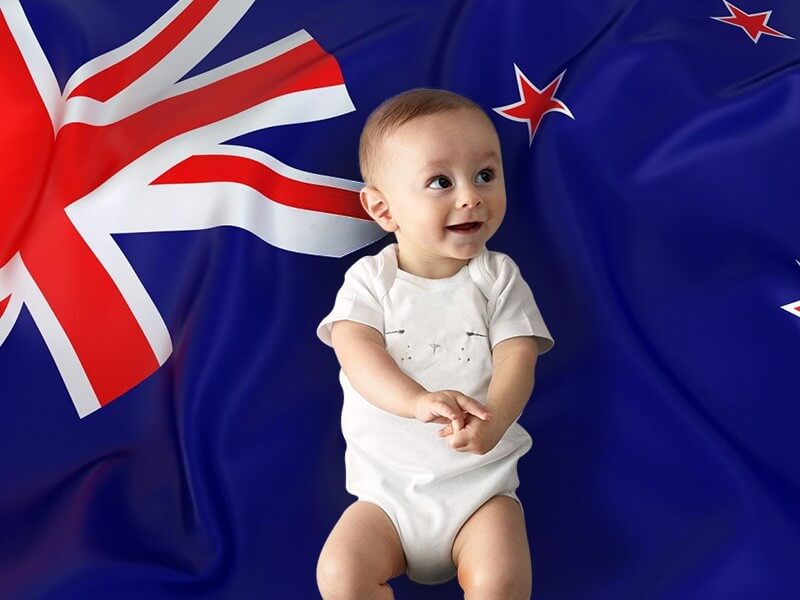Gay surrogacy. Parenthood beyond gender

Many same-sex couples want to create a full-fledged family with children, but the attitude towards LGBT people in most countries of the world remains sharply negative, and same-sex marriages, adoption of children by gays, lesbians are allowed only in several states.
Is there a chance for same-sex couples to take part in the surrogacy program, and in which country is it better to look for a surrogate mother?
USA
The USA is the first country to start using surrogacy for infertility treatment, and one of the few states with loyal legislation in relation to the rights of LGBT people.
There are many agencies in the United States that are engaged in the selection of surrogate mothers specifically for homosexuals. Some clinics offer special programs for same-sex couples, which involve the transfer of two embryos at the same time, each of which has a chromosome set of one of the fathers. This means that sperm for fertilization are provided by both potential fathers.
Children can be carried by one or two surrogate mothers at the same time. This allows both partners to feel like a full-fledged member of the family, a dad, and have a genetically natural child.
If a homosexual couple decides on only one child, they will have to choose whose sex cells will be used for fertilization.
Surrogacy is a legally complex process that can become even more problematic when it comes to same-sex couples. The procedure for obtaining parental rights for a child will depend on the laws of the particular state.
Kenya
Greece
These changes made it possible for lesbian couples to use the services of Greek surrogate mothers.
Gays are still banned from taking part in surrogacy programs, but this may change in the next few years.
Since 2018, Greece has recognized same-sex civil marriages, so it is quite possible that the official conclusion of same-sex marriages will be legalized soon.
Russia
Colombia
Colombia does not have a law that regulates surrogacy, but the constitutional court has issued guidance on its use for the treatment of infertility.


